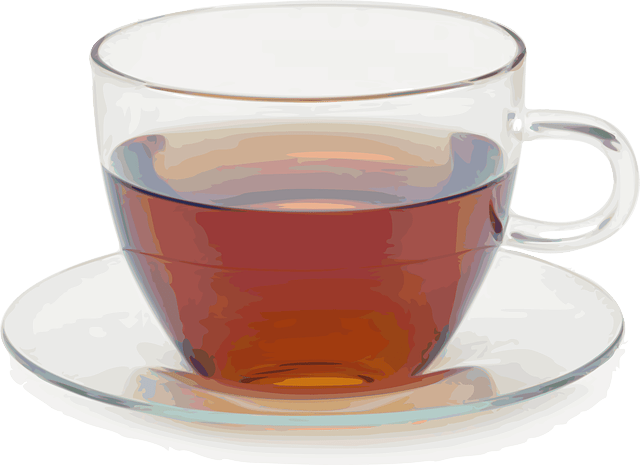Tea vs Coffee
Tea and coffee are both popular beverages around the world, and understanding their differences is important. Some people prefer tea for its taste, while others enjoy coffee for its energizing effects. Tea has been associated with various health benefits, while coffee has more limited positive effects on health.
What is Tea?
Tea is a drink made from the leaves and buds of the Camellia Sinensis bush. These dried leaves or buds are boiled in water to create tea, with some people also adding milk according to their preference. Green tea and black tea are two types of tea; the difference lies in fermentation, with green tea leaves being unprocessed and black tea leaves being fermented. Tea has a long history and has been linked to the treatment of many diseases. Recent research has discovered its potential benefits for heart disease and cancer. Some ingredients in tea are also known to help relieve pain in arthritis and other inflammatory disorders.
What is Coffee?
Coffee is made from the roasted beans of the coffee plant, which originated in Africa. Around one-third of the world’s population enjoys this beverage for its refreshing effects. Caffeine is the ingredient responsible for these invigorating effects. Espresso, Brewed, Instant, Decaf Brewed, Plunger, and Filter are a few types of coffee consumed worldwide. Caffeine can be helpful in asthmatic conditions, as it relaxes the airways in the lungs. People have their preferred methods for making coffee, with some enjoying it with milk and others preferring black coffee. Coffee is also known to reduce the risk of Parkinson’s disease by increasing the supply of dopamine in the blood, which is necessary for proper brain function. Caffeine in coffee also acts as a stimulant, helping users stay awake late at night.
Key Takeaways
- Tea and coffee differ in flavor, preparation, and taste. Tea is made from the leaves and buds of the tea plant, while coffee is made from the beans of the coffee plant.
- Both tea and coffee contain caffeine, but coffee has a higher amount of caffeine in its prepared form. In dry form, tea has a larger caffeine content.
- Tea is known for its beneficial effects in cancer and heart diseases, as well as reducing cholesterol levels and blood clotting. Coffee is useful for Parkinson’s disease and asthma.
